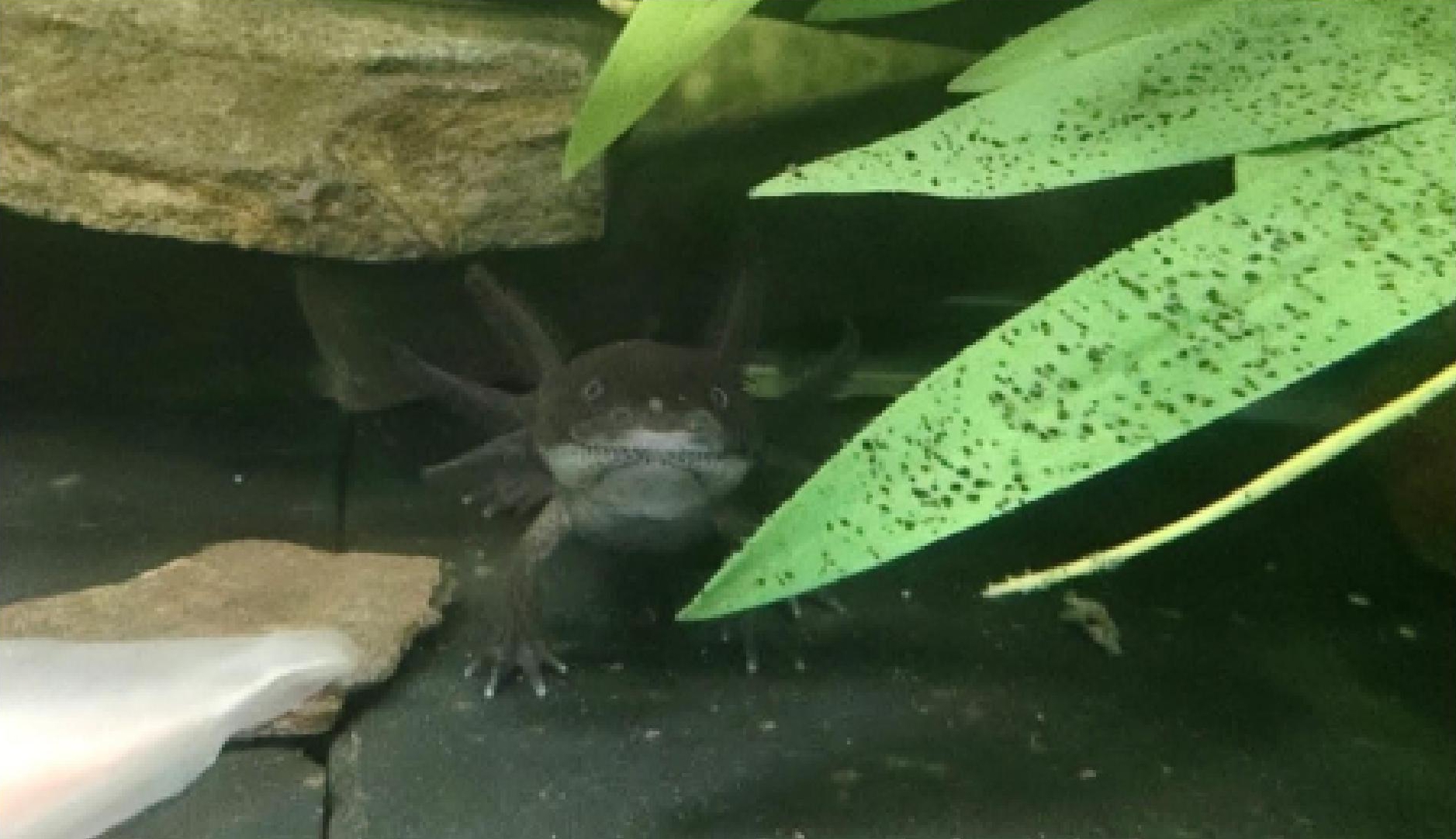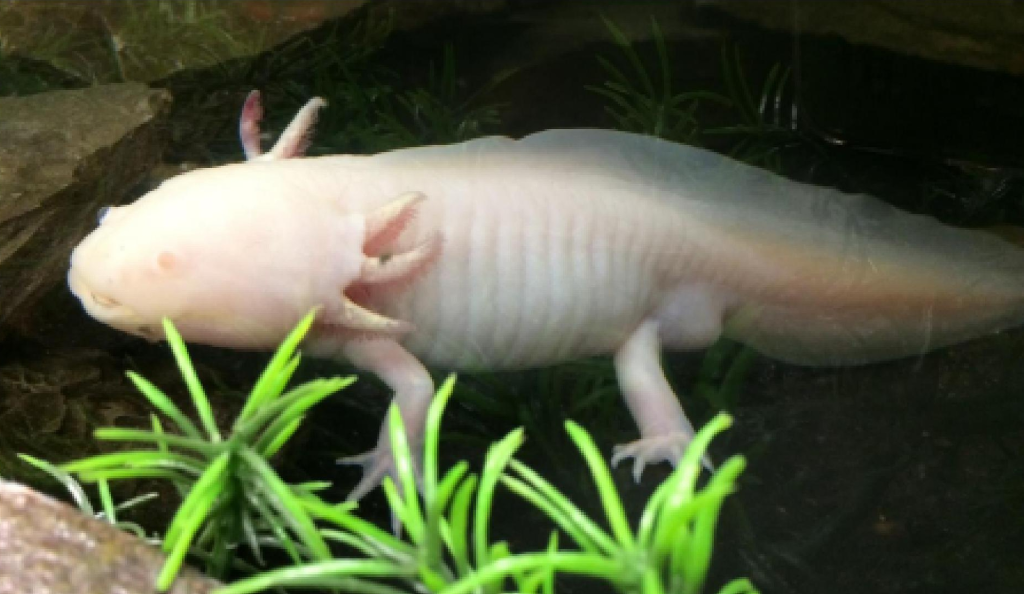ALL ABOUT AXOLOTLS

Have you met Plantasia Tropical Zoo’s axolotls? This article will tell you a little bit more about these amazingly unique creatures.
What are Axolotls?
Biology:
Axolotls are a type of salamander. Salamanders are amphibians, they usually have gills in the first part of their lives when they live in water, but after undergoing metamorphosis, develop lungs so that they can live on land. However, axolotls don’t make this transition, they live in the water all their lives. This trait is called neoteny. Axolotls usually live between 10 and 20 years.
An interesting feature they have is that they can regenerate limbs and organs after damage. For example, after losing a leg, they would grow it back again. This does mean that axolotl families sometimes snack on each other’s limbs when they are feeling hungry! Since they know they will be able to grow them back.
Appearance:
Because they don’t undergo metamorphosis, adult axolotls retain their gills and long tails. The gills are located on their heads, looking like a feathery mane. This is what they use to get oxygen from the water.
Axolotls come in various colours, such as black, brown, gold, grey, pink, and white. Depending on the size of their environment, they can grow between 20cm and 45cm long. They don’t have eyelids, but do have a naturally cute smile, which might be what makes them so popular!

Behaviour:
Axolotls are generally solitary creatures, but they can live together in captivity. Females usually have between 100 and 1000 babies at a time.
They are carnivores, mostly eating worms, insects, and small fish. They don’t have proper teeth, so quickly suction their food into their stomachs once they have snapped it up. Other than this, they are not very fast moving or active, they spend a lot of time hiding in the water waiting for prey to come by.
